organic fertilizer other than compost?
confused_newbie
16 years ago
Related Stories

GARDENING GUIDESGet on a Composting Kick (Hello, Free Fertilizer!)
Quit shelling out for pricey substitutes that aren’t even as good. Here’s how to give your soil the best while lightening your trash load
Full Story
GARDENING GUIDESHow to Switch to an Organic Landscape Plan
Ditch the chemicals for a naturally beautiful lawn and garden, using living fertilizers and other nontoxic treatments
Full Story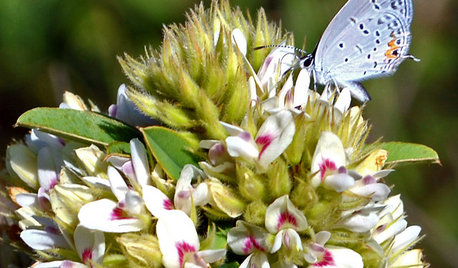
GARDENING GUIDES5 Prairie Wildflowers That Can Heal Your Soil
Get free, organic soil fertilizer with nitrogen-pumping plants that draw pollinators too
Full Story
SMALL HOMES28 Great Homes Smaller Than 1,000 Square Feet
See how the right layout, furniture and mind-set can lead to comfortable living in any size of home
Full Story
GARDENING GUIDESHow to Keep Your Citrus Trees Well Fed and Healthy
Ripe for some citrus fertilizer know-how? This mini guide will help your lemon, orange and grapefruit trees flourish
Full Story
GARDENING GUIDESCommon Myths That May Be Hurting Your Garden
Discover the truth about fertilizer, soil, staking and more to keep your plants healthy and happy
Full Story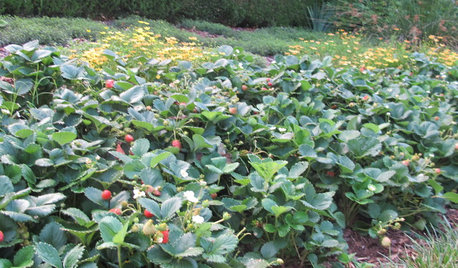
REGIONAL GARDEN GUIDESSoutheast Gardener's September Checklist
Fertilize strawberries, plant a tree or two and beckon hummingbirds to your Southern garden this month
Full Story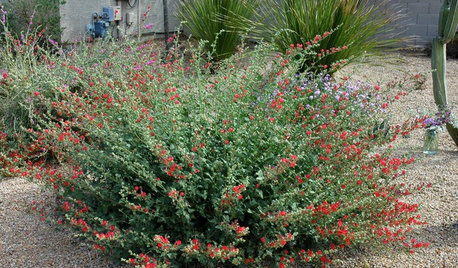
GARDENING GUIDESSouthwest Gardener's February Checklist
Orange you glad for a citrus-fertilizing reminder? And don't forget the recommended doses of vegetable seeds and cold-hardy flowers
Full Story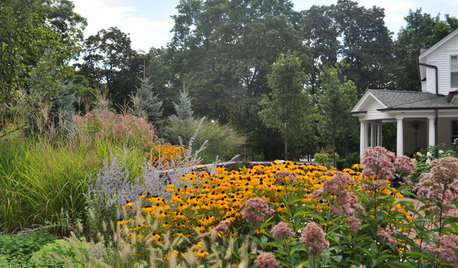
GARDENING GUIDESPacific Northwest Gardener: What to Do in September
Put in cool-weather veggies, fertilize your lawn and tidy the garden this month before chilly weather arrives
Full Story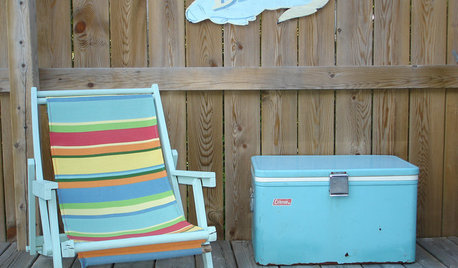
FUN HOUZZDon’t Be a Stickybeak — and Other Home-Related Lingo From Abroad
Need to hire a contractor or buy a certain piece of furniture in the U.K. or Australia? Keep this guide at hand
Full StoryMore Discussions







nwnatural
confused_newbieOriginal Author
Related Professionals
Barrington Hills Landscape Architects & Landscape Designers · Richmond Heights Landscape Architects & Landscape Designers · Paradise Landscape Architects & Landscape Designers · Barrington Landscape Contractors · Biloxi Landscape Contractors · Fort Payne Landscape Contractors · Paramus Landscape Contractors · Stallings Landscape Contractors · Wallingford Landscape Contractors · Aberdeen Decks, Patios & Outdoor Enclosures · Fort Collins Decks, Patios & Outdoor Enclosures · Riverside Decks, Patios & Outdoor Enclosures · Royal Oak Decks, Patios & Outdoor Enclosures · Vero Beach Decks, Patios & Outdoor Enclosures · Glendale Decks, Patios & Outdoor Enclosuresnewtxan
confused_newbieOriginal Author
Kimmsr
gumby_ct
confused_newbieOriginal Author
Kimmsr
oldpea
dixielib
vegvitki
denno
confused_newbieOriginal Author
gumby_ct
confused_newbieOriginal Author
vegvitki
gumby_ct
confused_newbieOriginal Author
dixielib
dchall_san_antonio
tclynx